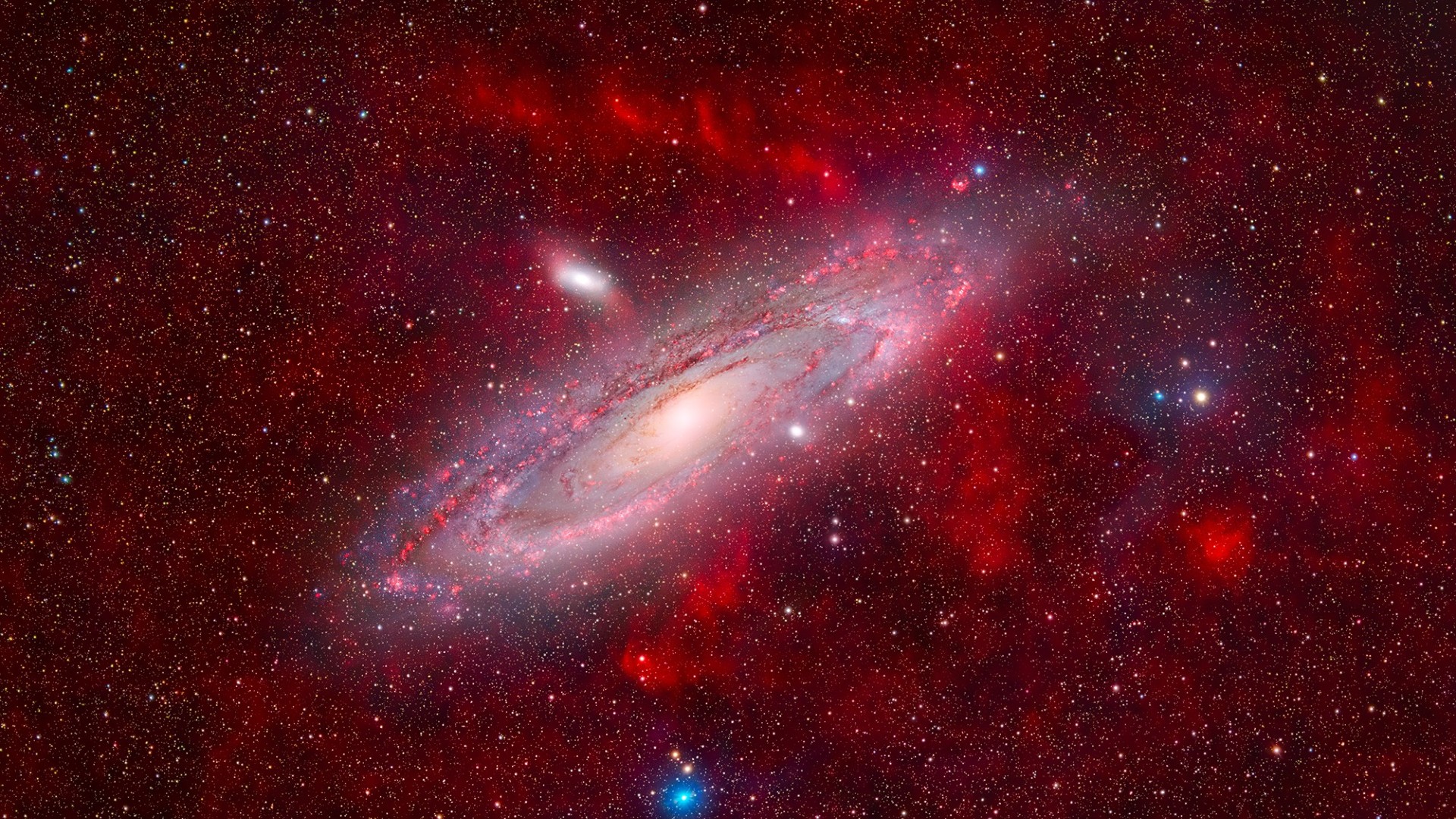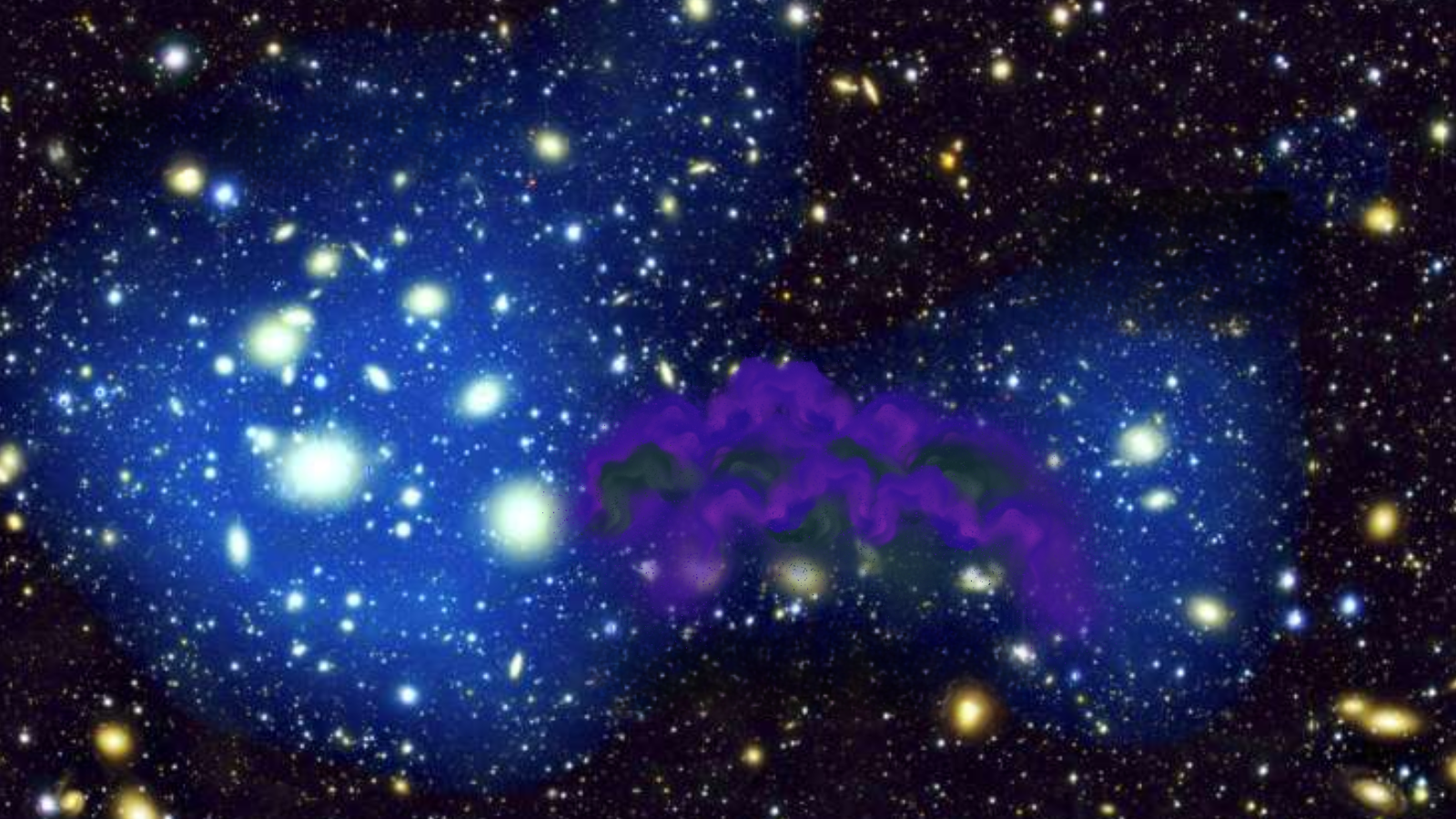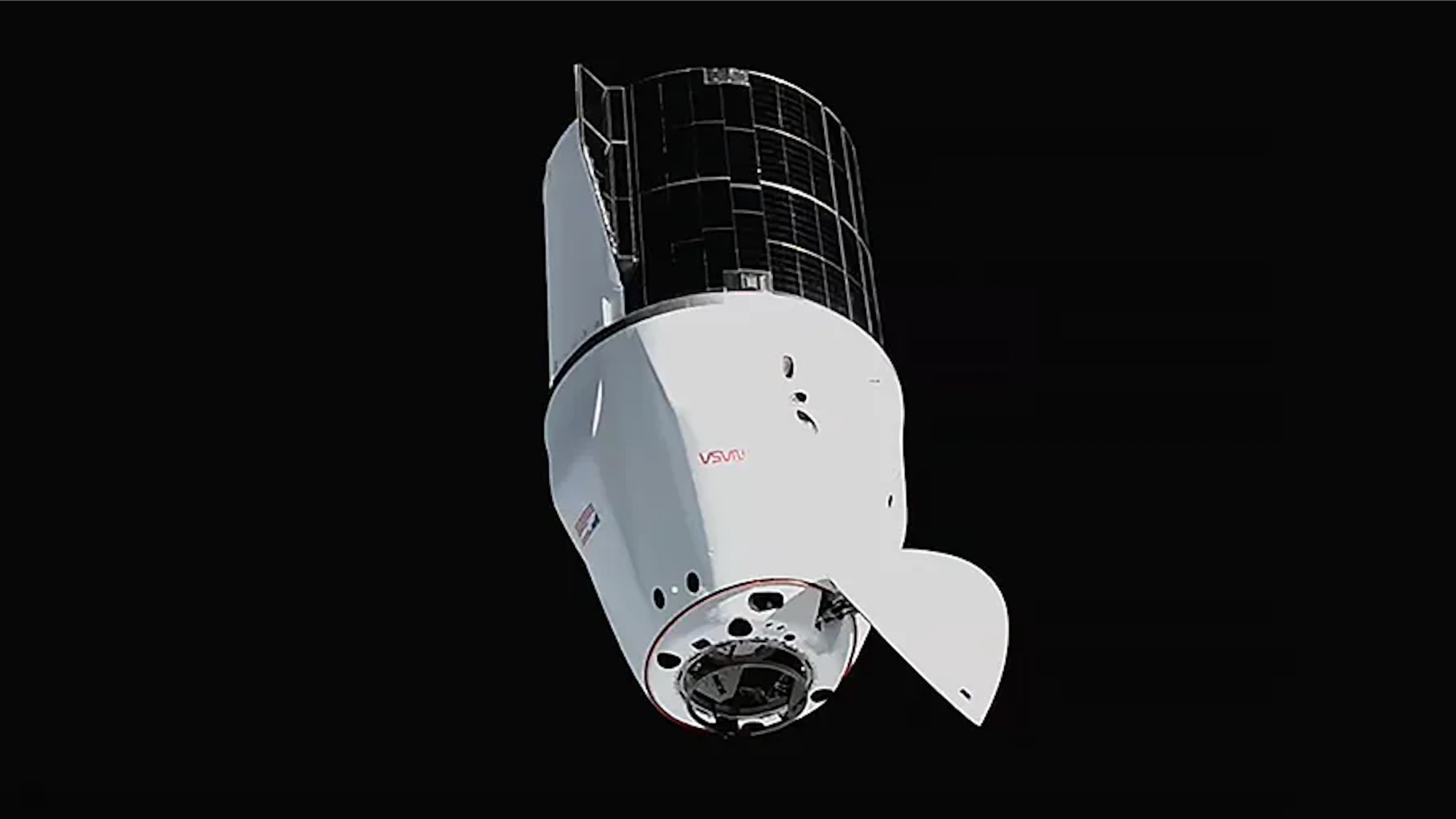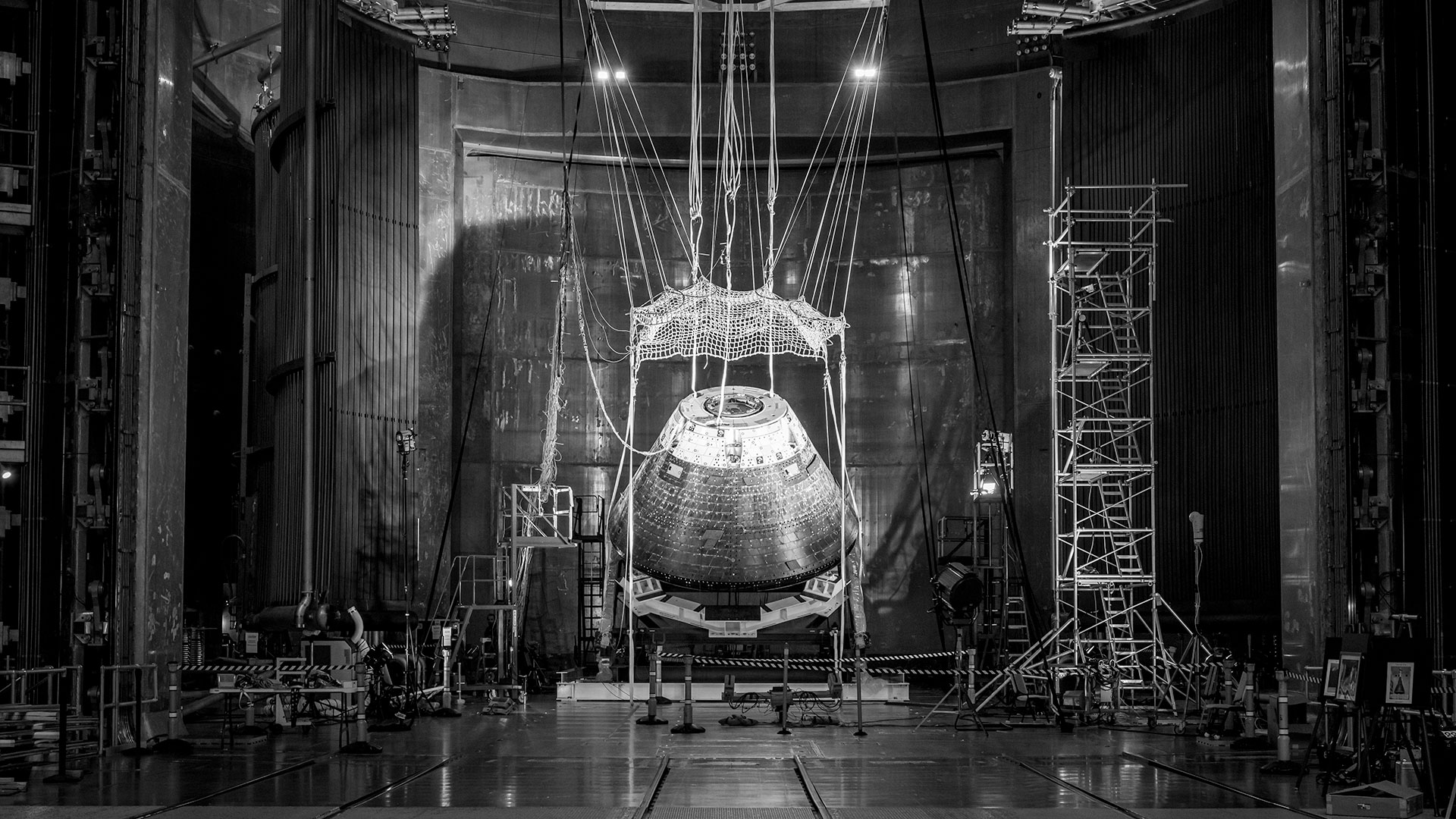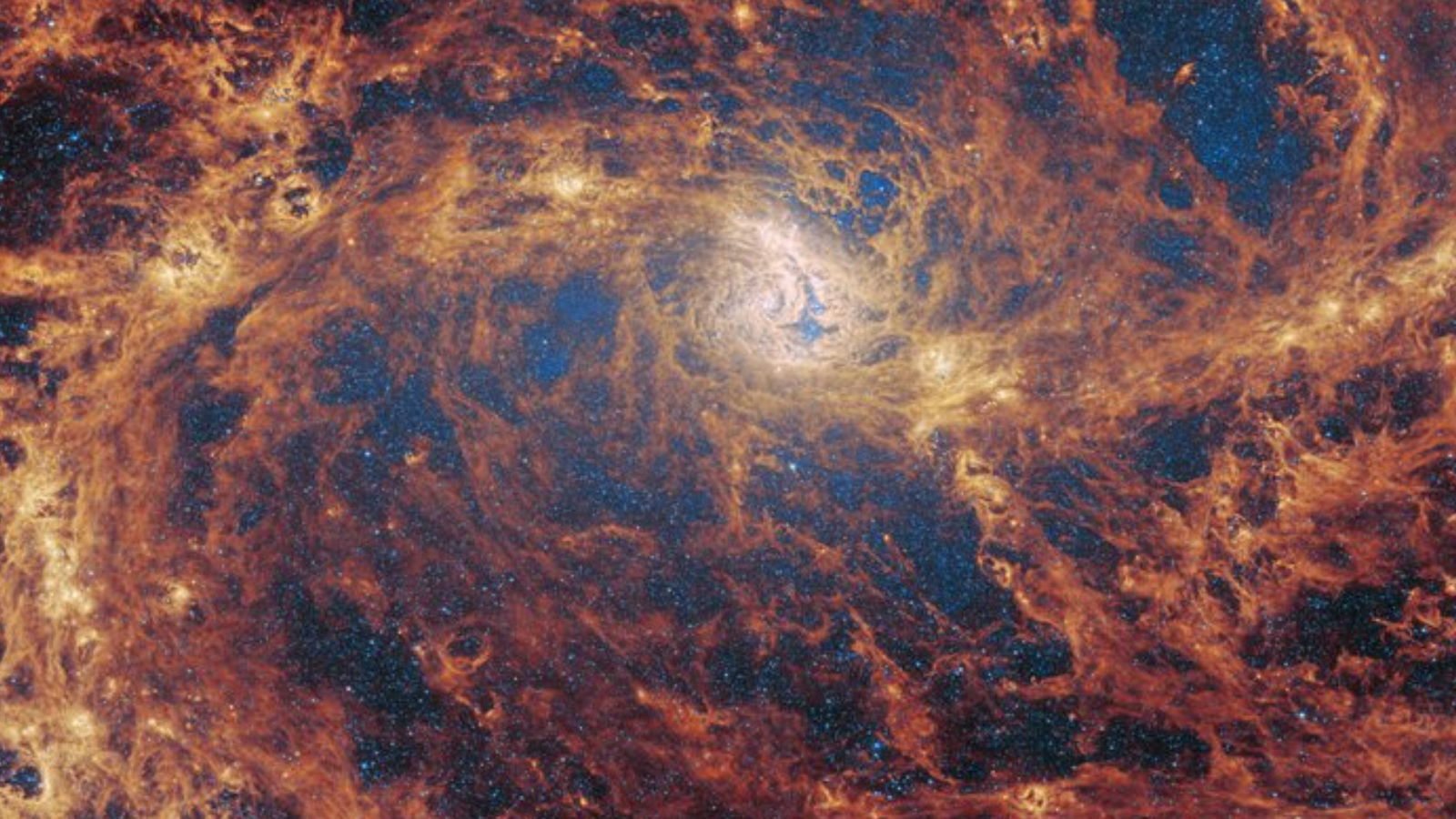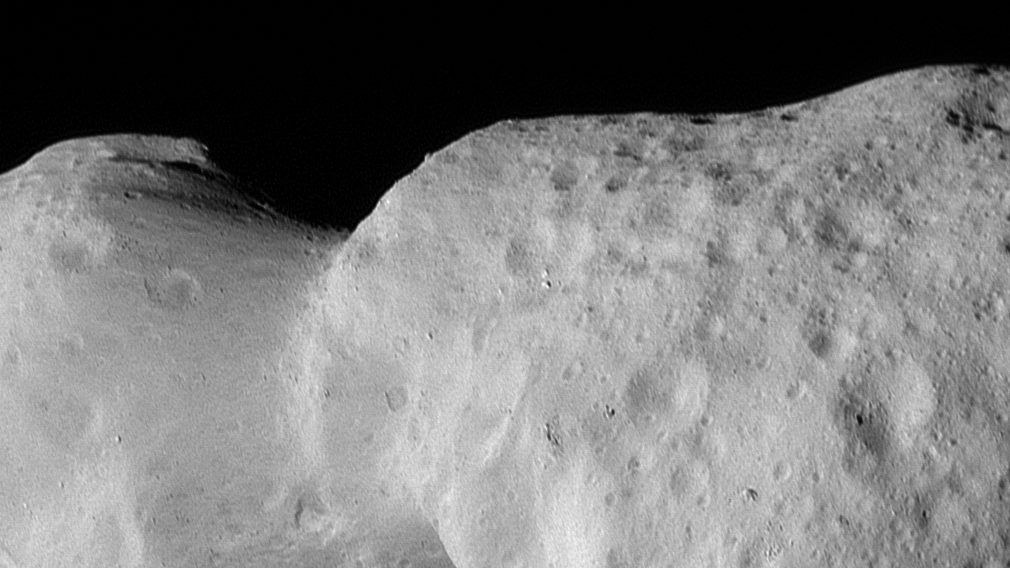'Hidden Figures' Trailer Reveals Space Race History of Black Women at NASA
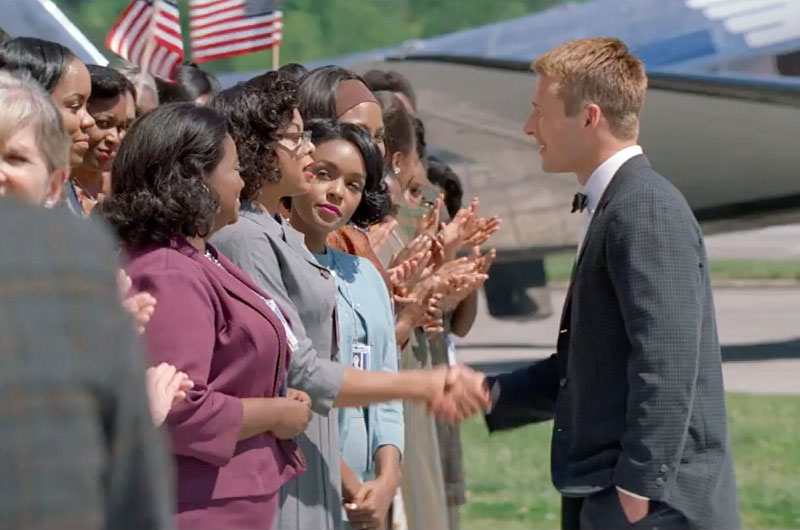
In the first trailer for the upcoming 20th Century Fox movie "Hidden Figures," Katherine Johnson, Mary Jackson and Dorothy Vaughan find themselves stuck on the side of an empty country road as an officer pulls up behind their car.
"We are just on our way to work, at NASA," says Johnson, portrayed by Taraji P. Henson.
"I had no idea they hired—" the cop begins to reply, before being cut off by Vaughan (Octavia Spencer). [NASA Facility Dedicated to Mathematician Katherine Johnson]
"There are quite a few women working in the space program," she says, before he can react to the color of their skin.
Chances are, most people watching the movie trailer today are like that officer, at least in one regard — unaware of the roles that African-American women played in the early days of the space race — even though the events depicted in "Hidden Figures" occurred more than half a century ago.
The movie, which the trailer notes is "based on the untold true story," dramatizes the story of Vaughan, Johnson and Jackson who were among the black women hired to work at NASA's Langley Research Center in Hampton, Virginia, as "computers," before that title came to refer to inanimate electronic devices.
Working in then stil segregated South, alongside the space agency's male — and mostly white — engineers, the women calculated the data from wind tunnel tests and devised the trajectories needed to send America's first astronauts into space.
Get the Space.com Newsletter
Breaking space news, the latest updates on rocket launches, skywatching events and more!
Johnson, in particular, gained some fame after John Glenn requested she "check the numbers" that were generated by a room-size IBM computer that was meant to guide his flight as the first U.S. astronaut to orbit the Earth.
"You know what we're doing here?" queries Kevin Costner, playing the fictional Al Harrison, a NASA manager. "We're putting a human atop of a missile, shooting him into space and it has never been done before."
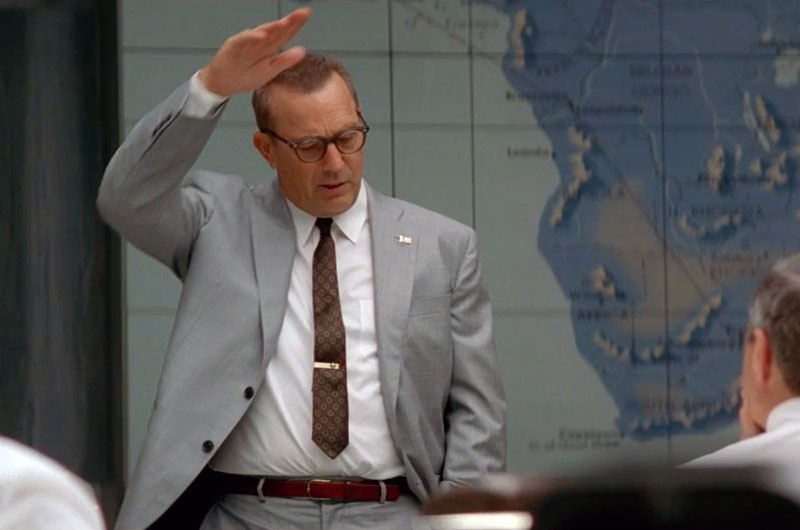
"I need a mathematician," he continues in the trailer, "who can look beyond the numbers, math that doesn't yet exist. Before the Russians plant a flag on the damn moon."
The movie, which opens in theaters next year on Jan. 13, is based on journalist Margot Lee Shetterly's new book by the same title. Shetterly was still penning "Hidden Figures" when it was optioned to become a feature film.
William Morrow, an imprint of HarperCollins Publishers, is set to release the book on Sept. 6.
As described by Shetterly on her website, the film takes "a snippet" from the three decades of history covered in her book to bring the story of Johnson, Vaughan and Jackson, along with the other black women who worked in Langley's West Computing division, to the movie-going audience.
In addition to Henson, Spencer and Costner, the film also stars singer Janelle Monáe as Mary Jackson, Jim Parsons as the fictional NASA engineer Paul Stafford, Glen Powell as astronaut John Glenn and Kirsten Dunst as one of the white female "computers." Directed by Theodore Melfi, the movie features original music by Pharrell Williams, who is also credited as a producer.
"Yes, they let women do some things at NASA," Johnson (Henson) says at one point during the trailer. "And it is not because we wear skirts, it is because we wear glasses.”
Watch the first trailer for the 20th Century Fox movie “Hidden Figures” at collectSPACE.
Follow collectSPACE.com on Facebook and on Twitter at @collectSPACE. Copyright 2016 collectSPACE.com. All rights reserved.
Join our Space Forums to keep talking space on the latest missions, night sky and more! And if you have a news tip, correction or comment, let us know at: community@space.com.

Robert Pearlman is a space historian, journalist and the founder and editor of collectSPACE.com, a daily news publication and community devoted to space history with a particular focus on how and where space exploration intersects with pop culture. Pearlman is also a contributing writer for Space.com and co-author of "Space Stations: The Art, Science, and Reality of Working in Space” published by Smithsonian Books in 2018.In 2009, he was inducted into the U.S. Space Camp Hall of Fame in Huntsville, Alabama. In 2021, he was honored by the American Astronautical Society with the Ordway Award for Sustained Excellence in Spaceflight History. In 2023, the National Space Club Florida Committee recognized Pearlman with the Kolcum News and Communications Award for excellence in telling the space story along the Space Coast and throughout the world.

